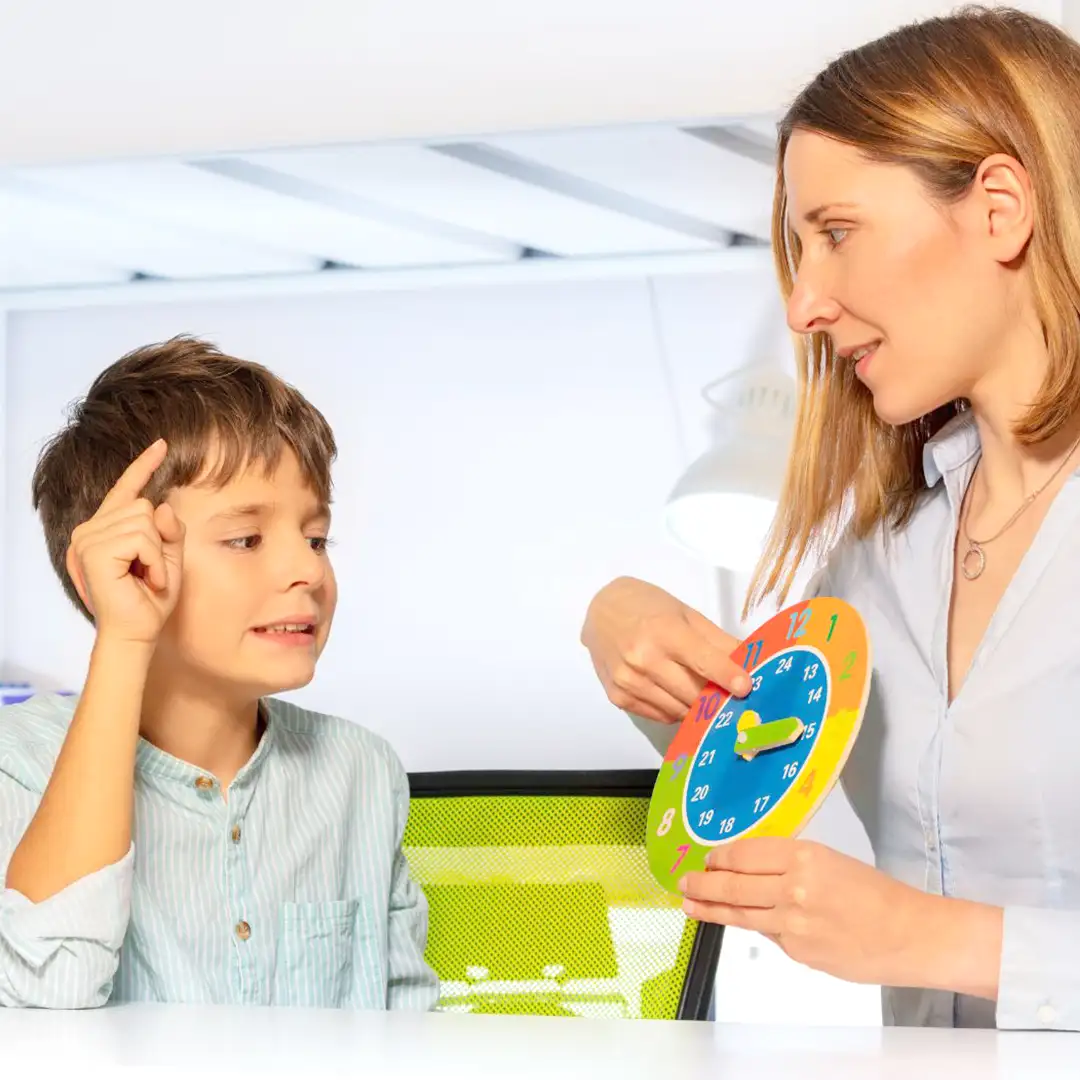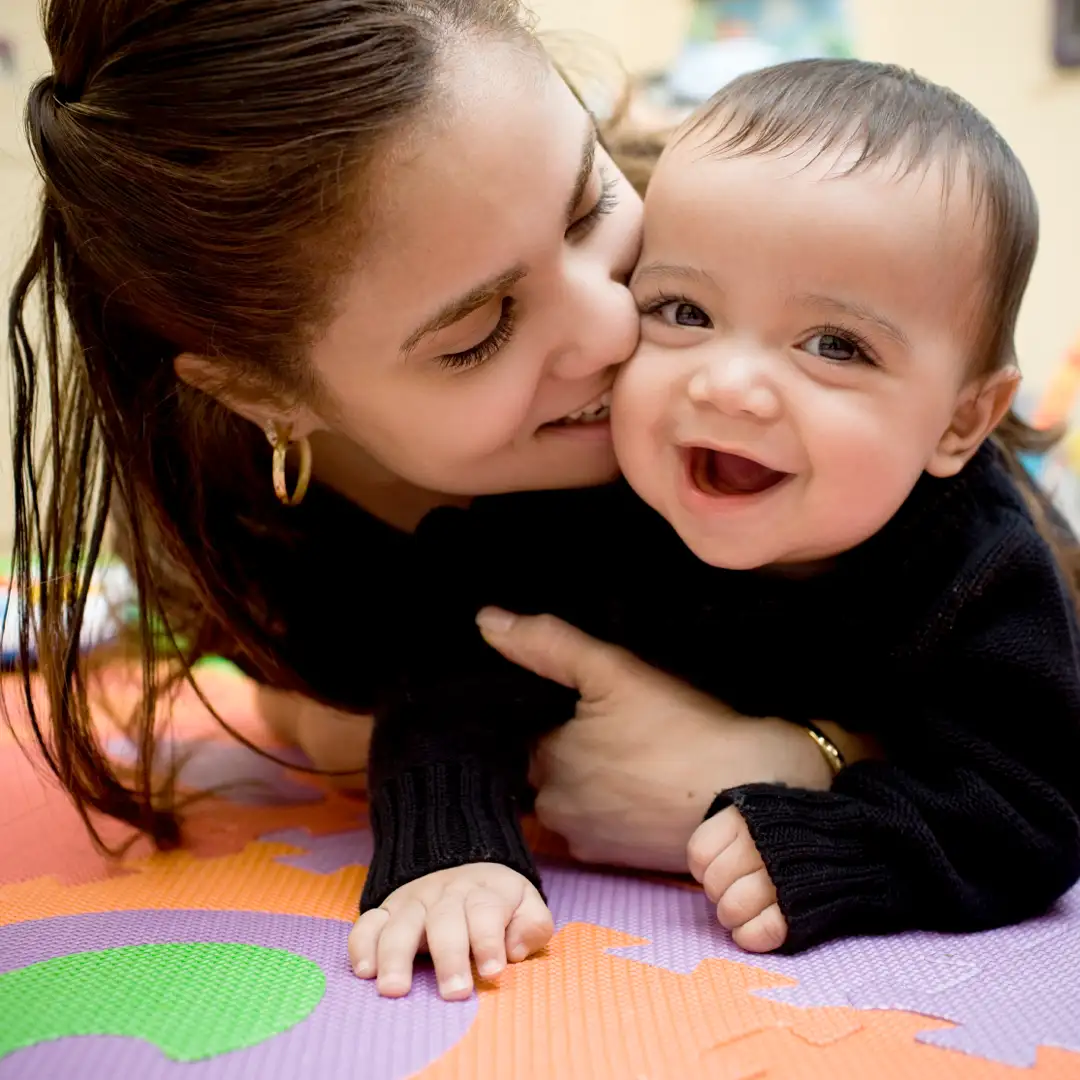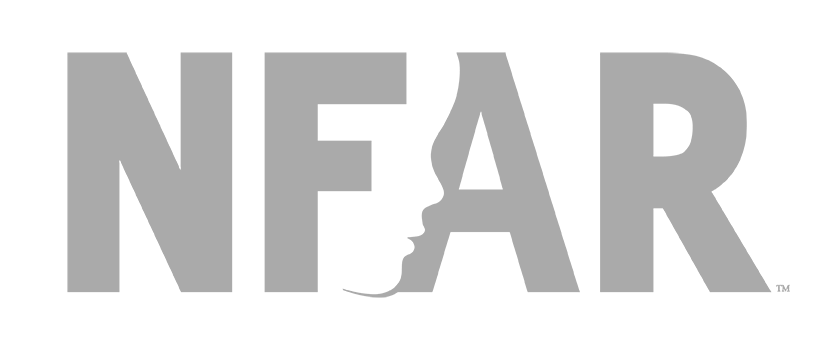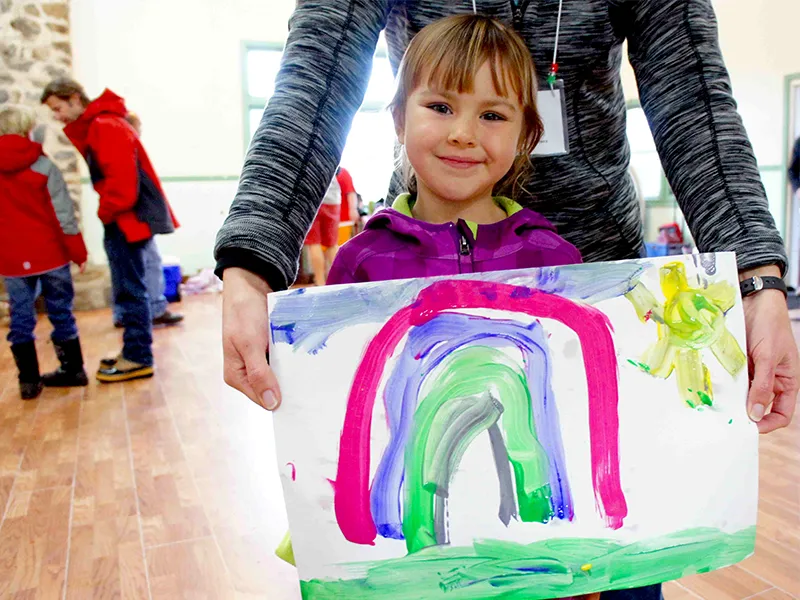Autism Signs and Resources
What is Autism?
Autism is a complex disorder characterized by a child’s inability to communicate and socialize with others. A young autistic child may babble or know certain words, but not understand how to use gestures (such as pointing, waving bye bye) or language as a means of interacting with others. Additionally, autistic children often have repetitive and restricted behaviors and interests, as well as sensitivities to touch, taste, sounds, smells and visual stimuli. These can make everyday activities stressful for them.
Research shows that autism affects the way the brain develops early in life and the way a baby begins to collect and process information. (A child that is not participating in typical parent-child interactions is failing to lay the foundation for more complex social behaviors). However, the earlier a child begins treatment, the better the chances for influencing how they learn and improving the long-term outcome. That’s why it’s so important for families to understand the signs that put a young child “at-risk” and to seek help right away.


Early Signs for Autism
- Seems uninterested or fails to engage during playful interactive games (e.g., peek-a-boo)
- Fails to point at things or notice things in his/her environment (e.g., a bird in the sky)
- Rarely responds when his/her name is called
- Makes poor eye contact
- Babbles or talks with an unusual tone of voice
- Shows distress in new situations
- Exhibits strong sensitivities to touch, sights, or sounds
- Displays unusual hand or body movements
- Does not smile when someone smiles at them
- Is not interested in other children and prefers to play alone
- Loses words or social skills at any age
A Child may also:
- Spend a lot of time lining things up or putting things in a certain order
- Gets “stuck” on doing the same things over and over – i.e., spins objects
- Walks on his/ her toes
What Next?
If you believe your child is exhibiting signs of autism and would like to have your child screened or further evaluated, please contact your pediatrician or check out Finding the Right Help.
Questions?
For more information or if you have questions about autism, please contact NFAR (info@nfar.org) or at 858-679-8800. We’re happy to help!
Finding the Right Help
If you suspect your child is showing signs or may be at-risk for autism, the first step is to schedule a “developmental evaluation” by an experienced clinician. Your pediatrician may refer you to a specialist within your health care plan, or you can contact one of the organizations listed below for a screening.
San Diego Regional Center
(858) 576-2996
UCSD Autism Center of Excellence
(858) 534-6912
Rady Children’s Hospital
Autism Assessment Form


